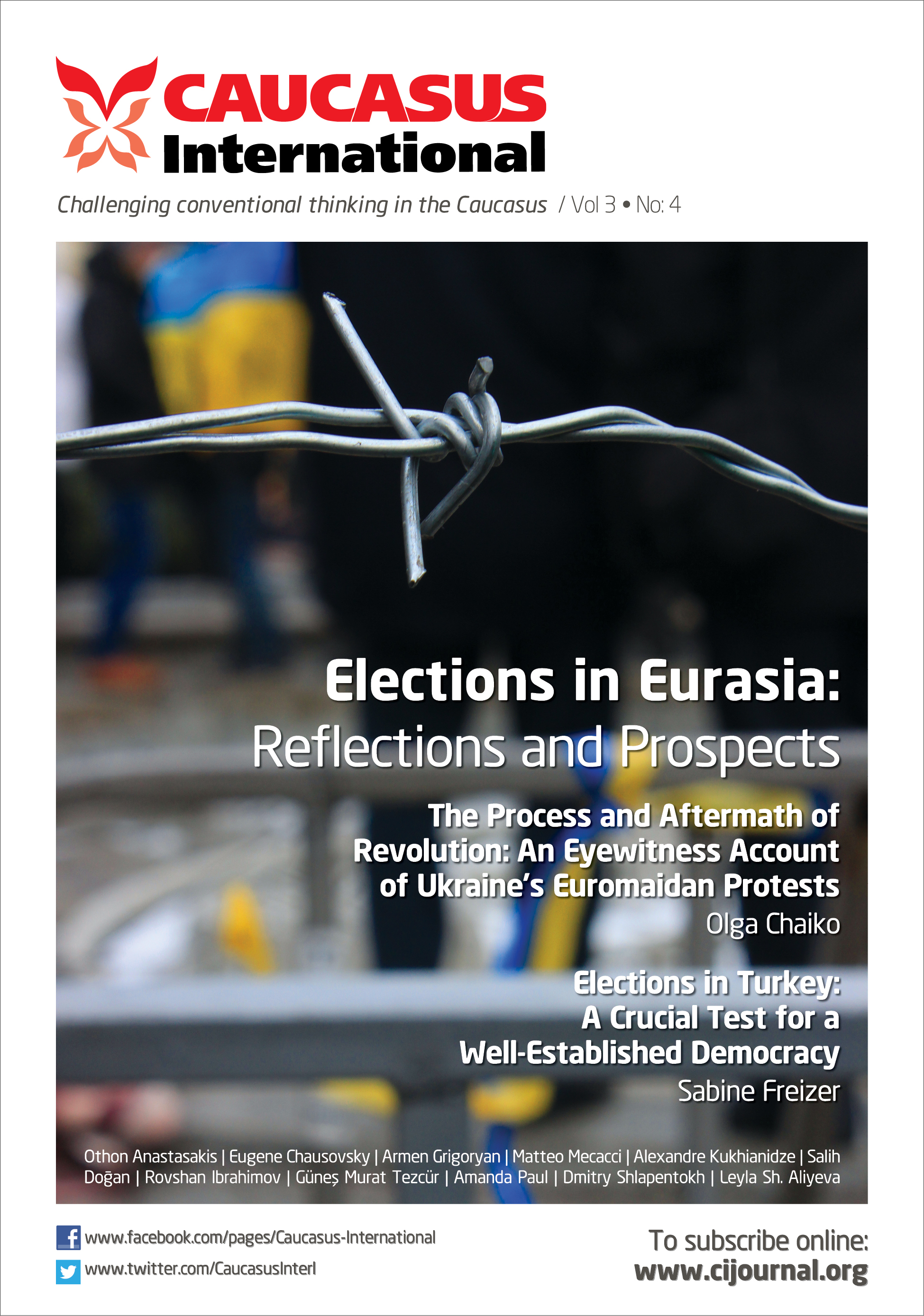Election Consolidation in the Post-Communist Balkans: Progress and Obstacles
The paper discusses some common themes in the electoral practices of the Balkan countries, yet it also acknowledges the variance of electoral developments among the different states. As with most aspects of Balkan democratization, competitive elections during the last 25 years of post-communist experience have seen notable progress as well as backsliding. The paper regards electoral politics in the Balkan states as a mixture of internal constraints and external agenda setting. It argues that despite some “pockets” of electoral instability and uncertainty, all Balkan states have now become consolidated electoral democracies with largely fair practices and with decreasing levels of fraud or violence, and an established culture of power sharing and coalition building. At the same time, this post-communist electoral consolidation has also created a pattern whereby elections are the battleground of divisive elites in the pursuit of influence, power and political clients, amid non-ideological party politics. In this weak and volatile periphery of Europe, the international community becomes engaged during electoral periods, and interferes in some form or another to monitor, set the priorities or even affect outcomes.
Latest news
- 03/17/2020 Call for Submission: “Non-Alignment Movement and Its Perspective in International Affairs”. Deadline: 1 July 2020 2623 views
Popular articles
- 02/24/2020 The Role of Irredentism in Russia’s Foreign Policy 2535 views
- 02/24/2020 Construction of sub-national identity vis-à-vis parent state: Gagauz case in Moldova 2216 views
- 02/24/2020 The Conflict in Ukraine - The Geopolitics of Separatism and Divergent Identities (Commentary) 2071 views
- 02/24/2020 The Role of the Soviet Past in Contemporary Georgia 2044 views





